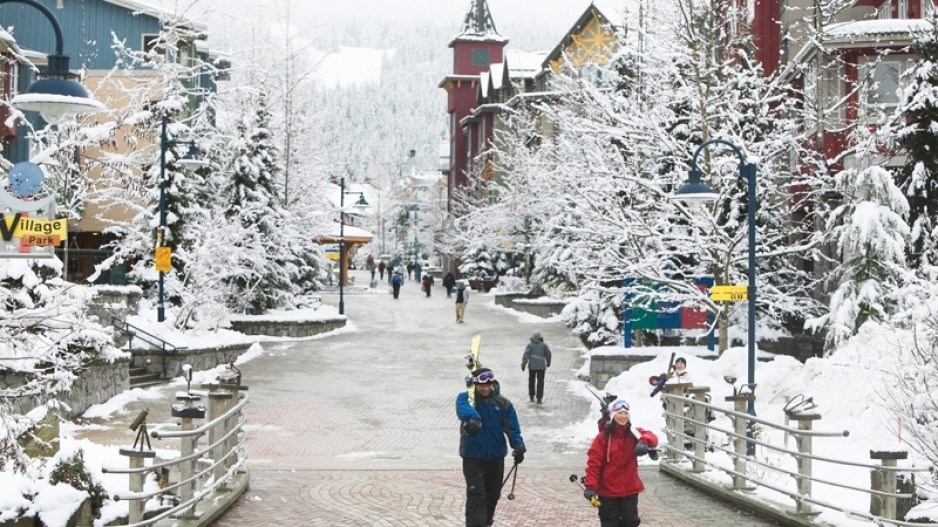The shares of Whistler Blackcomb owner Vail Resorts Inc. (NYSE:MTN) fell about 13% mid-morning Vancouver time after the company trimmed its full-year earnings guidance and discussed its weak December for guest visits, largely because of Whistler Blackcomb.
Vail Resorts operates 10 mountain resorts and three urban ski areas.
“Results over the holidays were in line with our expectations across our resorts except at Whistler Blackcomb and our Tahoe resorts which had results below our expectations primarily driven by increased weather variability at those resorts over the holidays and lower than expected destination and international visitation,” said CEO Rob Katz in a January 11 corporate filing.
Katz said that “despite good conditions our destination guest visitation was much lower than anticipated in the pre-holiday period, particularly December 1 through December 21.”
As a result of enduring that much lower traffic, Katz said that he expected the company’s EBITDA to be “slightly below the low end” of its earlier guidance of US$718 million to US$750 million.
Other ski resorts in B.C. say they are doing well. Big White Ski Resort, for example, said it had a record-breaking 2018 for skier visits. On December 31, the resort welcomed more than 11,000 skiers who enjoyed more than 70,000 runs. That, the resort said, was its busiest day on record. The week before, on December 24 and 25, the resort enjoyed a 6% increase in traffic compared with a year ago.
Senior vice-president Michael Ballingall said the resort during the holidays was "full to overflowing."
Colorado-based Vail Resorts was also doing well earlier last year, largely because of Whistler Blackcomb.
Business in Vancouver reported last summer that it was Whistler Blackcomb’s record number of visitors during the 2018 winter, and the destination’s status as the most-visited ski resort in North America, that helped its owner notch a stellar end to last ski season.
Vail Resorts' most recent earnings report, in December, was disappointing for the company, with Vail notching a bigger than expected loss and slower than expected revenue gains from season pass sales. The company's share price fell almost 18% on the day and that was the company's largest single-day price drop since the company went public in 1997.
Vail Resorts' shares at press time on January 11 were trading at US$187.34, which is more than 38% below the company's 52-week high of US$302.76. The company is expected to report its next full quarterly earnings report in March.




